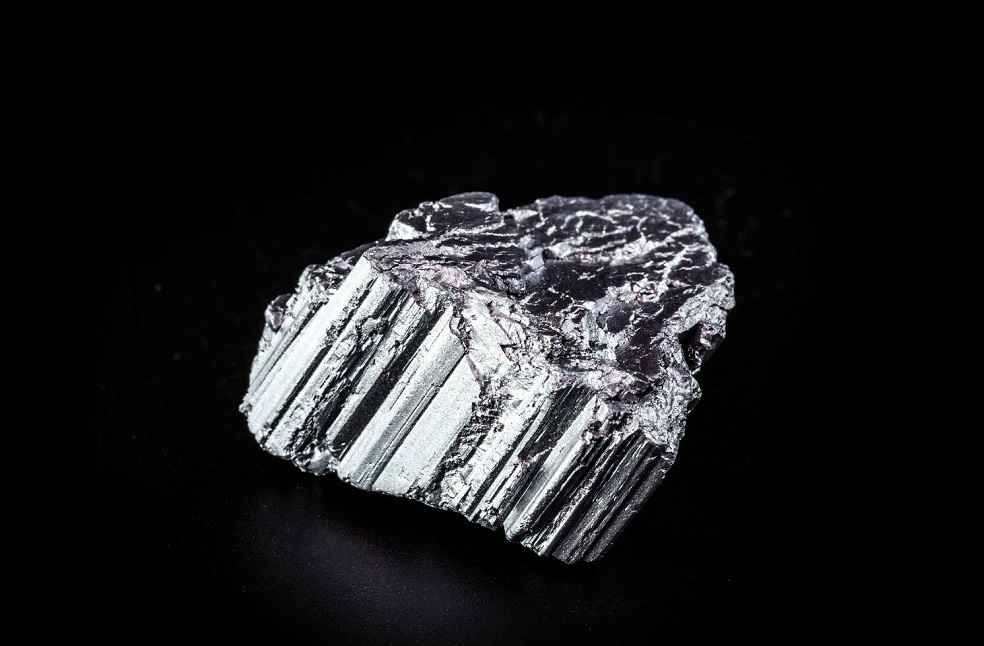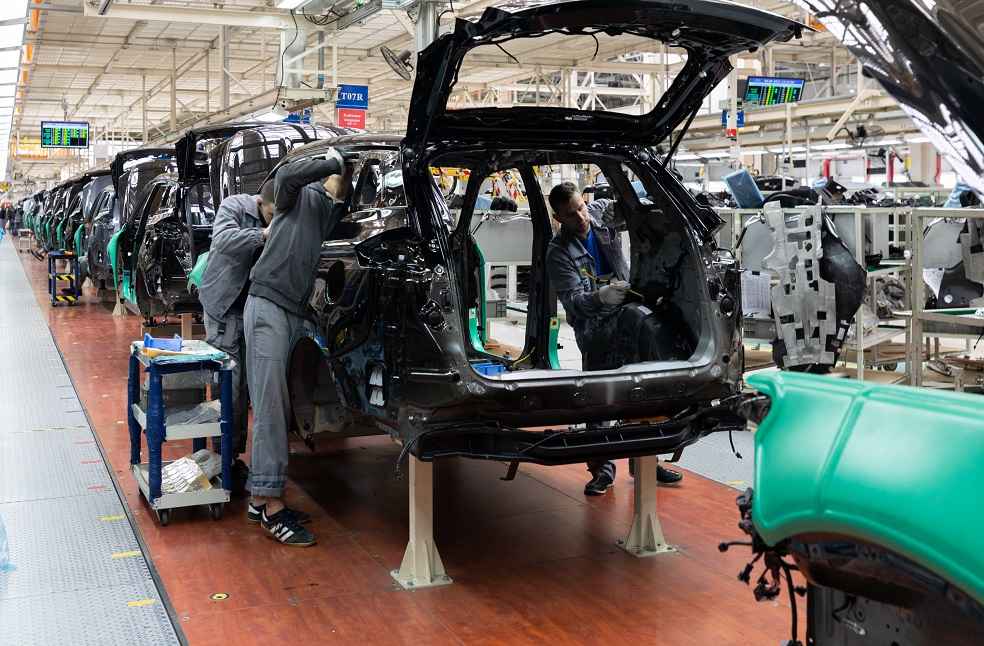Suzuki Motor has temporarily halted production of most variants of its Swift compact car at its domestic manufacturing facilities, excluding the Swift Sport, due to a critical shortage of parts. The suspension, which began on May 26, is expected to continue until June 6, with a phased resumption starting June 13 and full operations anticipated after June 16. The company attributes the adjusted timeline to improved visibility in parts availability.
Although Suzuki has not officially confirmed the cause of the disruption, industry analysts point to delays in rare earth component supplies due to China’s tightened export controls. China, which commands about 70% of global rare earth output and 90% of magnet manufacturing, imposed new export restrictions in April, significantly slowing down license approvals. These actions are widely seen as retaliatory measures in response to previous U.S. tariffs.

Rare earth elements such as neodymium, dysprosium, and terbium are vital for manufacturing compact, high-efficiency magnets used in electric vehicle motors, as well as components in conventional internal combustion engine vehicles. The shortage has spotlighted the auto industry’s deep reliance on these materials, not just for EV performance but also for everyday systems like sensors and infotainment displays.
The ripple effect is being felt worldwide. In the U.S., Ford temporarily closed its Chicago plant in late May, halting production of the Explorer SUV. In Europe, manufacturers are scaling down output, with the European Association of Automotive Suppliers (CLEPA) confirming disruptions. German automakers are adopting mitigation strategies, with Mercedes-Benz considering stockpiling and BMW working closely with suppliers to manage delays.

India, heavily reliant on Chinese rare earth imports, is also under pressure. The Society of Indian Automobile Manufacturers (SIAM) and the Automotive Component Manufacturers Association (ACMA) are reportedly preparing to send a delegation to China in hopes of expediting export licences. Meanwhile, India’s commerce and external affairs ministries are actively engaging with their counterparts in Beijing to address the issue diplomatically.
DON’T MISS | Nearly 20,000 Employees will Voluntarily Exit Volkswagen by 2030





